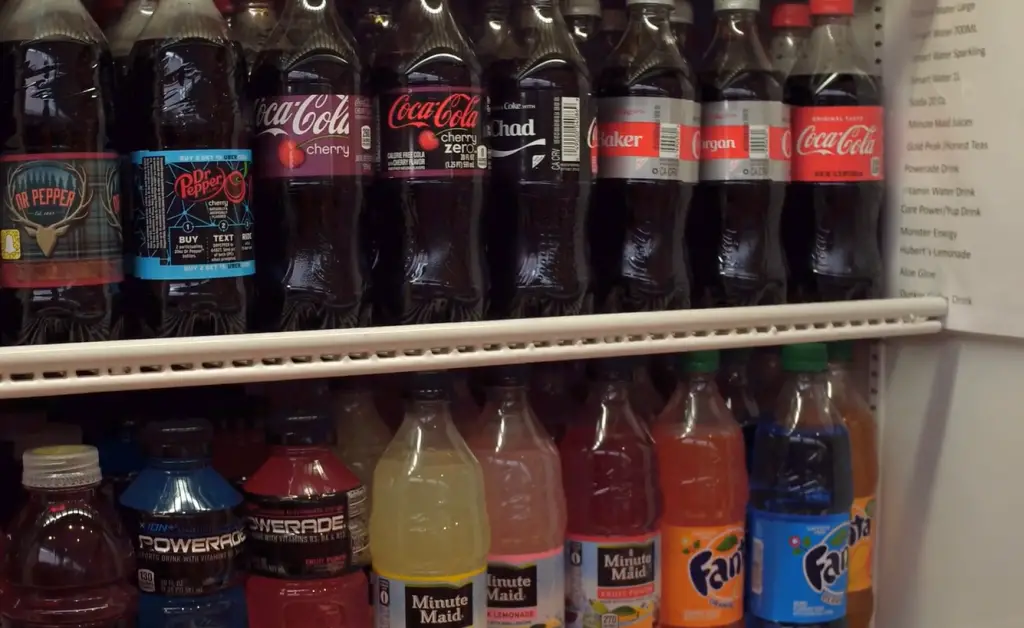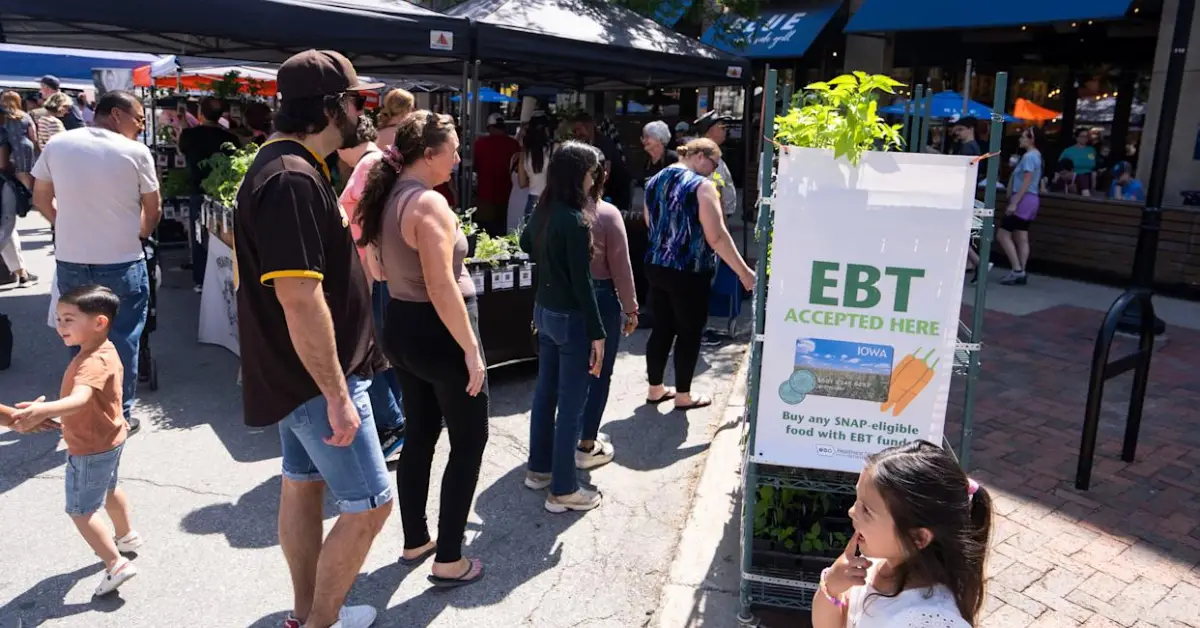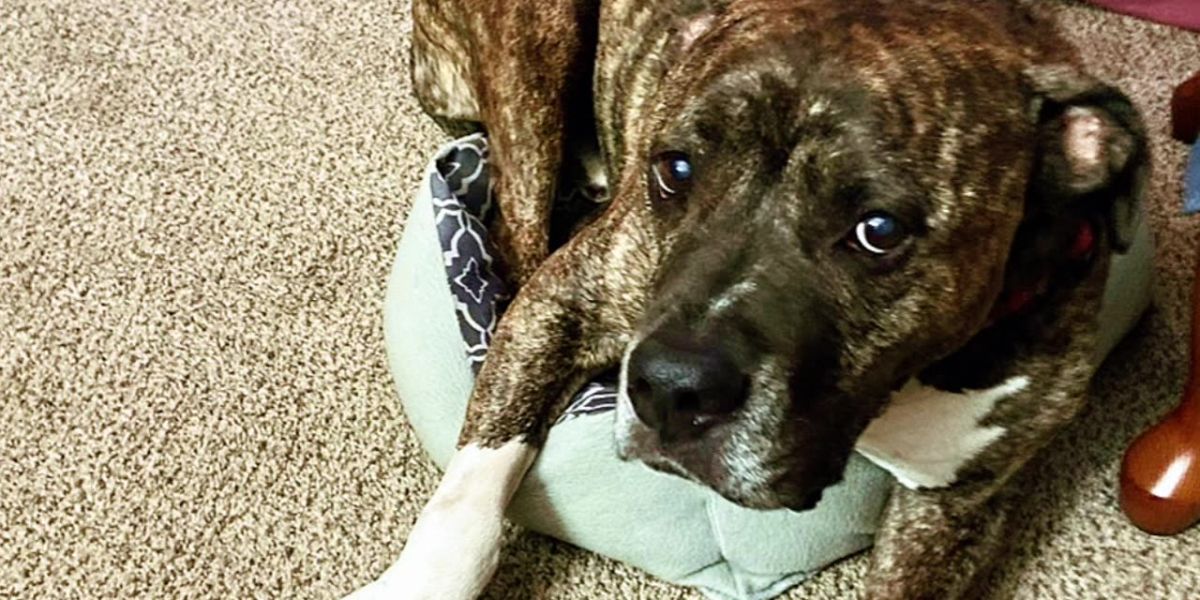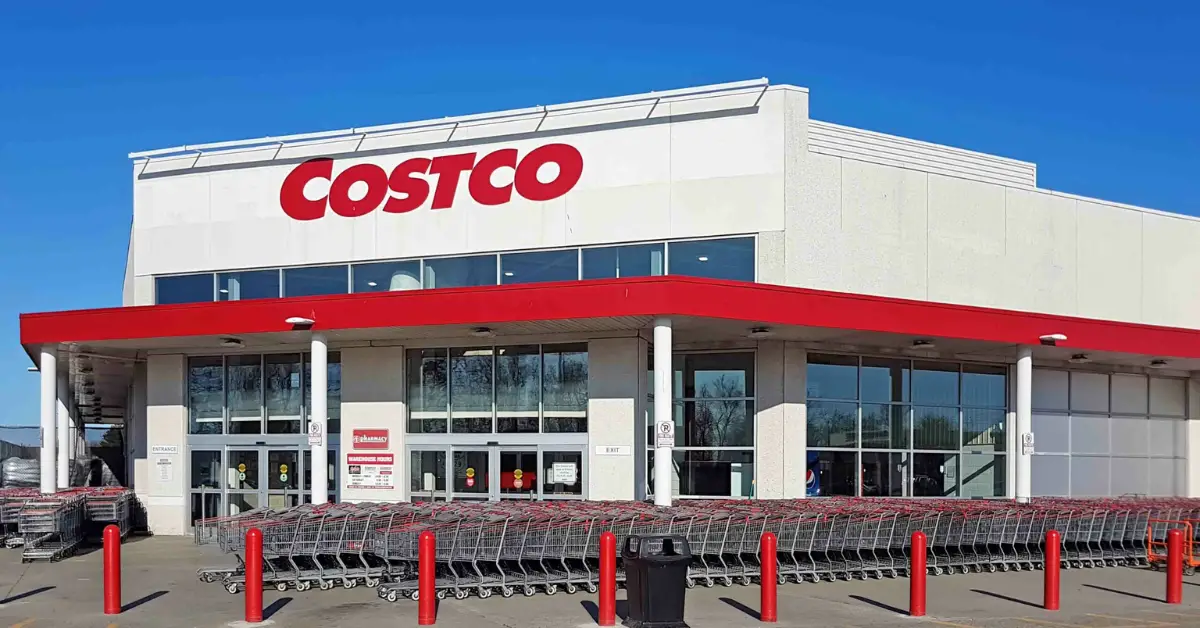Iowa has received approval from the federal government to exempt certain food items from being purchased with Supplemental Nutrition Assistance Program (SNAP) benefits. The approval allows the state to prevent residents from using SNAP funds on items like candy, soda, and chips, aiming to encourage healthier food choices. This waiver is part of Iowa’s efforts to promote better nutrition and improve the health of its residents, particularly those relying on food assistance programs.
This decision has sparked a mixture of reactions from different sectors of society. On one hand, supporters believe this measure will help reduce the consumption of unhealthy, processed foods that are often high in sugar, salt, and fat.
They argue that SNAP recipients should be encouraged to make more nutritious choices, as the overall health benefits of a well-balanced diet could reduce long-term healthcare costs. Furthermore, it aligns with growing public health campaigns aimed at fighting obesity and other diet-related diseases, such as diabetes and heart disease.
However, the decision has also faced criticism from others who argue that it restricts personal choice. Opponents claim that food assistance programs should allow individuals the freedom to make their own dietary decisions. They believe that SNAP should not be used to dictate what low-income families can and cannot purchase.
Some also argue that the prohibition of these foods might disproportionately affect people in rural or low-income areas, where access to fresh produce and healthier options may be limited. With fewer affordable and convenient alternatives, many SNAP recipients could feel left out or penalized for their circumstances.

Additionally, there are concerns about how these rules will be enforced. Some critics question the practicality of monitoring and regulating purchases in a way that ensures the restrictions are being properly applied. For example, what happens if someone attempts to buy these items using a small portion of their non-SNAP funds? These issues raise questions about the complexity and fairness of implementing such changes on a statewide scale.
While the approval of this waiver is specific to Iowa, it could set a precedent for other states considering similar measures. States like New York and Michigan have previously attempted to limit the use of SNAP benefits for unhealthy foods, but they faced obstacles in securing federal approval. Iowa’s success may inspire other states to follow suit, leading to more widespread changes in how food assistance benefits are spent across the country.
Supporters of this new waiver also point out that healthier eating habits can improve the quality of life for those who struggle with poverty. Nutrient-rich foods such as fruits, vegetables, and lean proteins are essential for maintaining good health, and they may even help reduce the burden on healthcare systems by preventing chronic illnesses. By promoting these foods, Iowa aims to help its residents make long-term, positive changes in their eating habits.
However, there is also the issue of affordability. While some fresh foods are now more accessible than ever due to local farmers’ markets and urban farming initiatives, the cost of nutritious foods can still be a significant challenge for low-income families. For many SNAP recipients, the cost of fresh produce can be higher than more processed options, making it difficult for them to prioritize healthier food choices without financial assistance.
In conclusion, while Iowa’s decision to prevent SNAP spending on candy, pop, and chips may have noble intentions, it highlights ongoing debates about government intervention in personal dietary choices and the complexities of food assistance programs.
The goal of promoting healthier diets is important, but finding ways to address the barriers to healthier eating for low-income individuals is just as crucial. As other states look to Iowa for guidance, it will be interesting to see how these changes unfold and whether they have a lasting impact on public health and the way we approach food assistance in the U.S.




